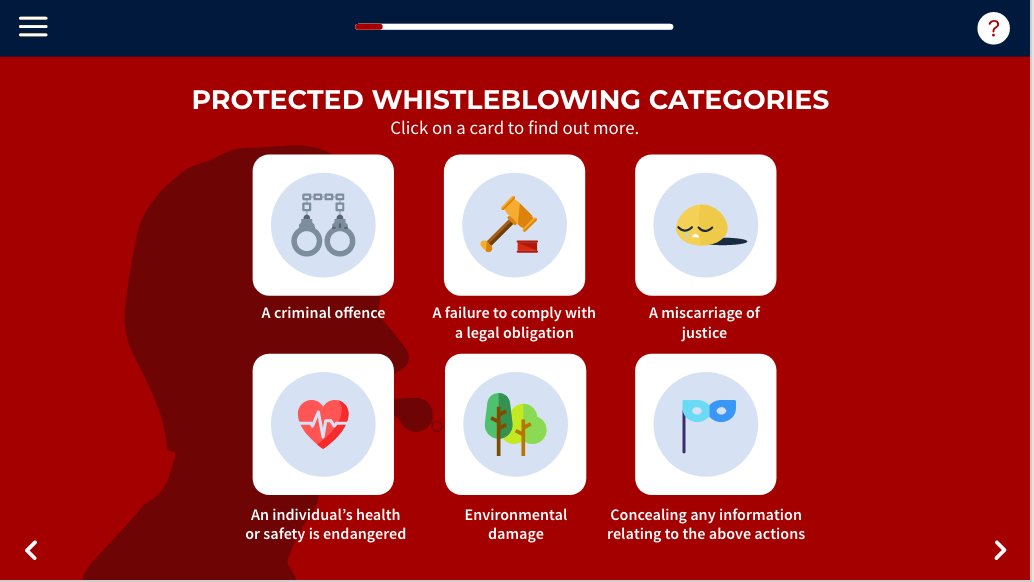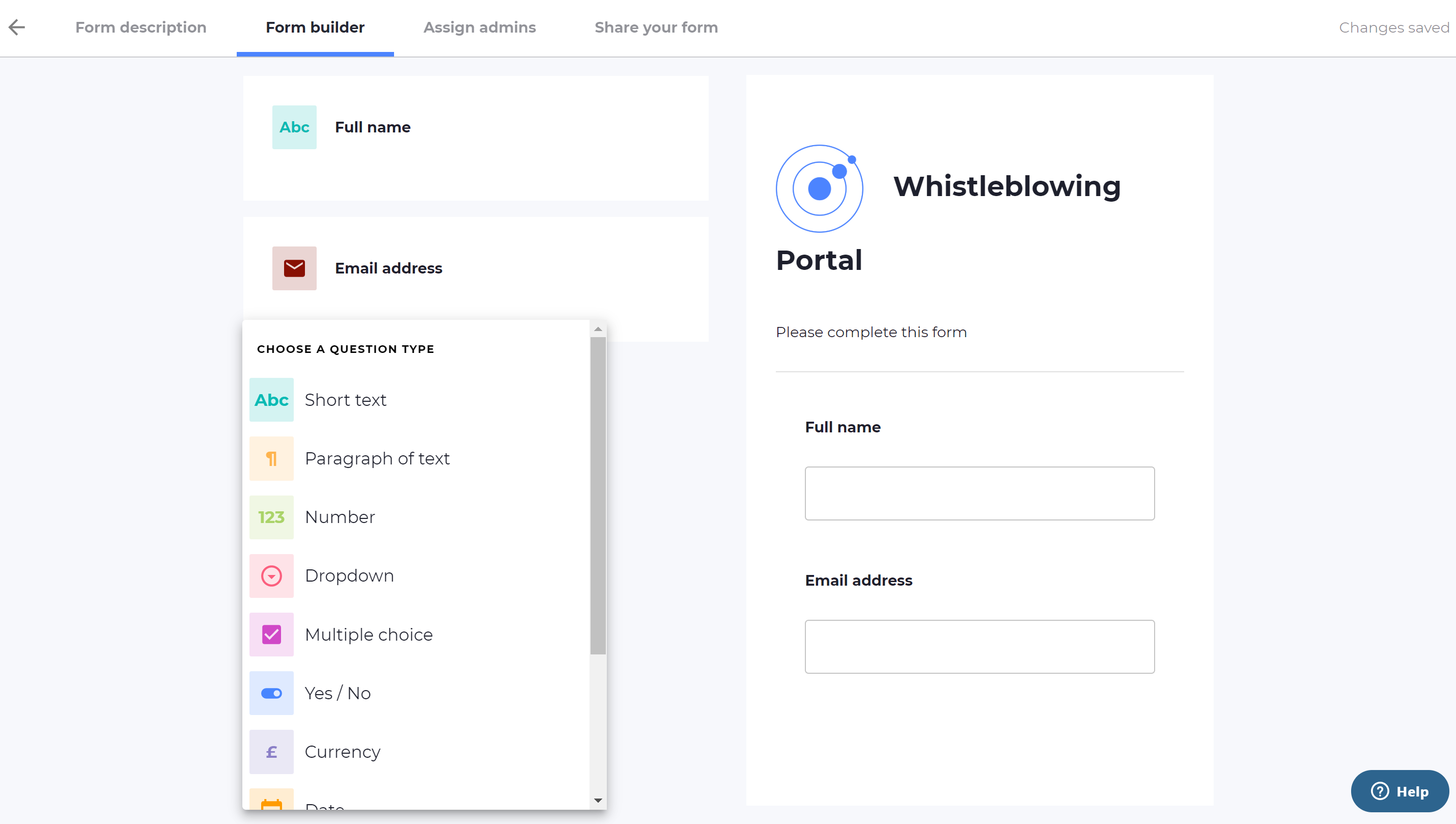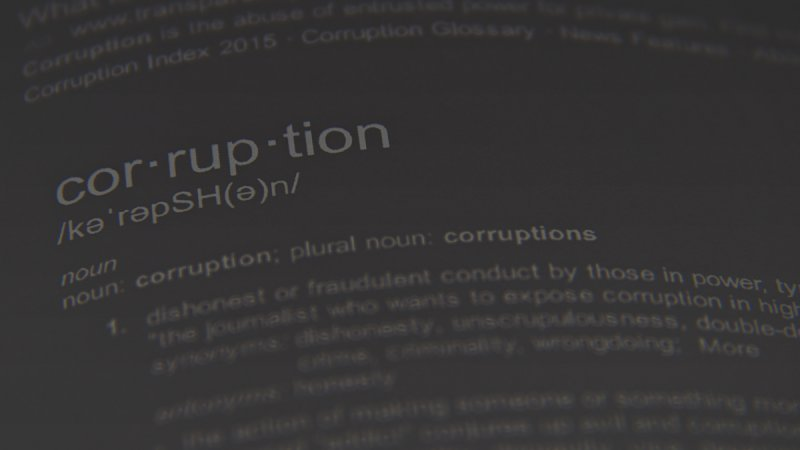
The Public Interest Disclosure Act 1998 (PIDA) provides protection for whistleblowers. Under PIDA, employees who make “protected disclosures” can claim unfair dismissal if their contracts are terminated due to the disclosures. Further, the EU Commission has recently announced a new law that aims to increase protections for whistleblowers.
In this webinar, we were joined by the EU Commission’s Policy Officer Maria Mollica to share guidance and insights on the upcoming EU Whistleblowing Directive. We also shared guidance on complying with existing UK whistleblowing law.
The webinar will cover:
- Whistleblowing regulations in the UK
- The key differences between the UK law and the EU Directive
- The purpose and reach of the EU Directive
- The categories protected by the EU Directive
- Who can be a Reporting Person?
- The procedures for internal and external reporting and recommended reporting methods
About the experts

After working as a lawyer for nine years, specialising in Union competition law, Maria R. Mollica joined the European Commission in July 2008. She worked first as case handler in the Directorate-General (DG) for Competition for more than five years, then as Policy Officer in the Secretariat General of the European Commission to monitor the application of EU law by Member States and manage infringement cases. She then joined the DG for Justice in January 2015, where she has worked both in the area of personal data protection in the unit dealing with fundamental rights policy. Most recently, Maria has been heavily involved in writing the new EU Whistleblowing Directive.

As Director of Best Practice at VinciWorks, Gary Yantin works with law firms of all sizes to provide the best compliance learning experience for their staff. He was previously an in house lawyer and a solicitor in private practice. Gary has hosted many webinars and workshops for VinciWorks on a wide range of risk and compliance topics including GDPR and the SRA’s new approach to ongoing learning.

Legal and Research Executive Ruth Cohen holds an LLB specialising in International Commercial Law. Ruth has experience in both the public and private sectors, having consulted for many Fortune 500 companies. She has expert-level knowledge across a wide range of areas including corporate finance, data protection, harassment, information security, due diligence, commercial law, risk and regulatory compliance. Ruth has also been the driving force in the development of VinciWorks’ upcoming whistleblowing course.
Online whistleblowing training

The UK Public Interest Disclosure Act 1998 (PIDA) came about as a result of several scandals that took place in the 1980s and 1990s whereby employees were aware of the dangers that had existed, but they were too scared to report, or where they had reported, their concerns were ignored. Despite over 20 years passing, unethical and inappropriate behaviour still goes unreported and unpunished, leading to high-profile scandals, such as those which resulted in the rise of the #MeToo movement in 2017.
VinciWorks’ whistleblowing solution addresses the challenge of improving awareness of employees’ rights and responsibilities surrounding whistleblowing. Our solution includes a reporting tool for staff to anonymously report inappropriate or suspicious behaviour and an interactive course that is fully customisable.















